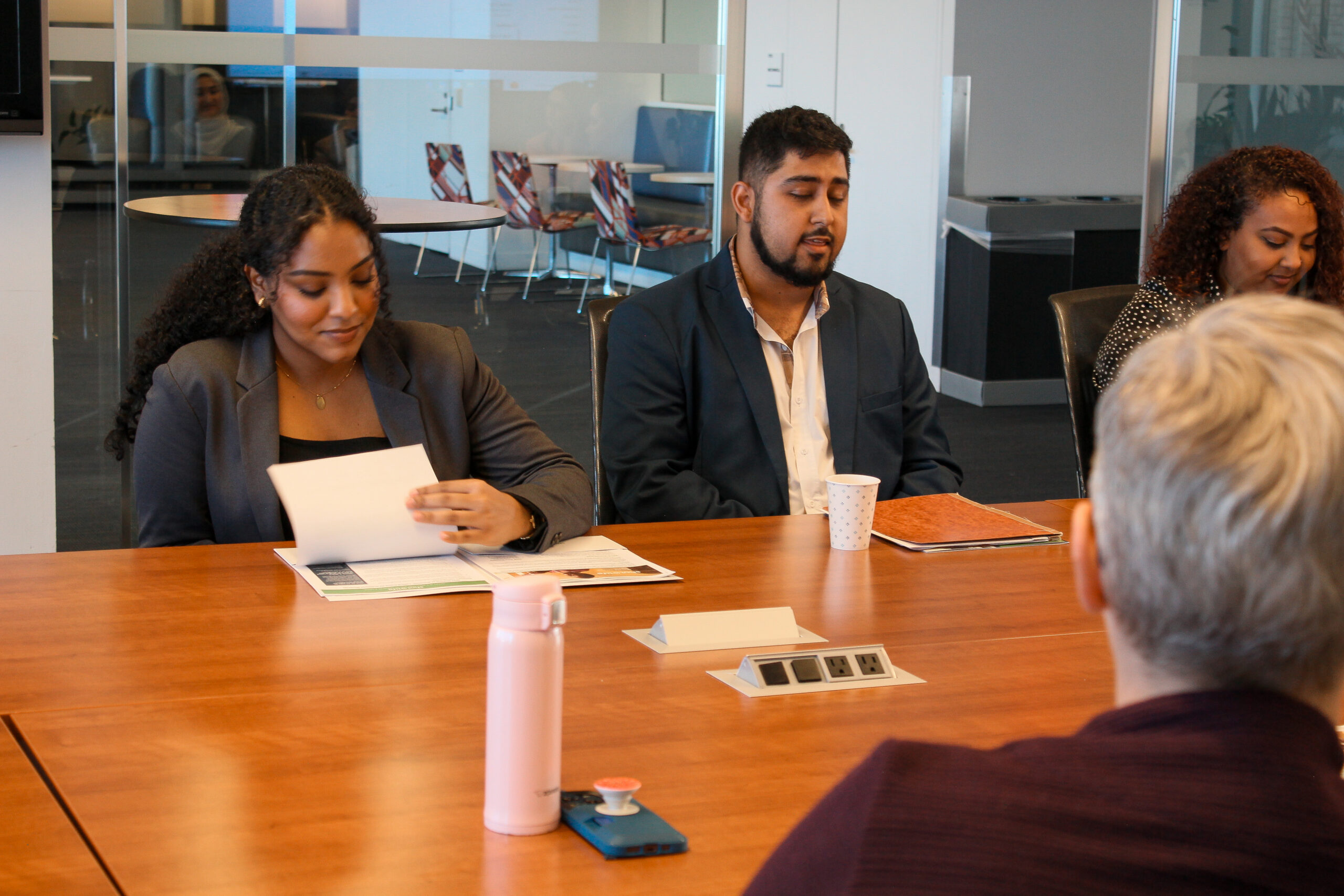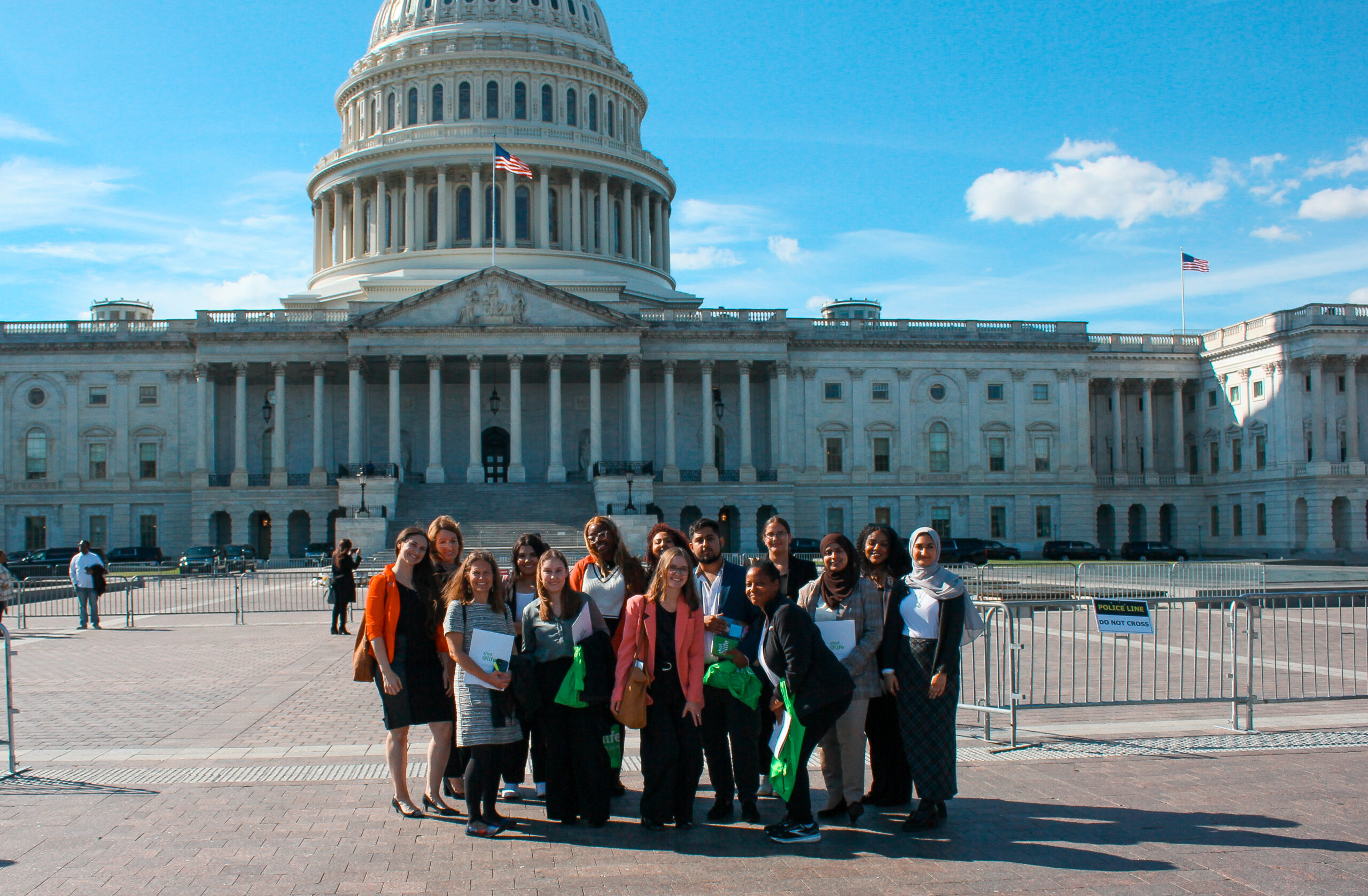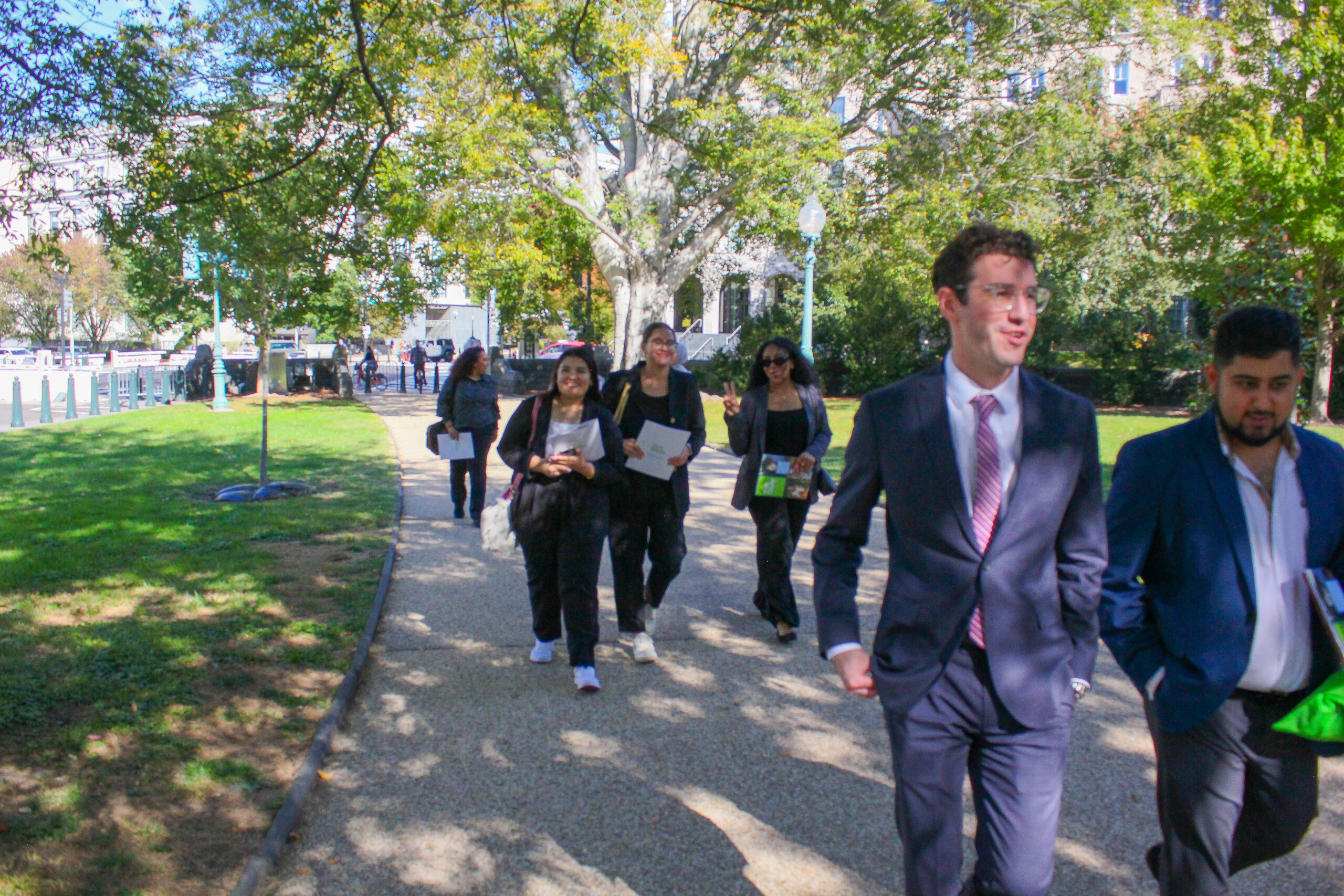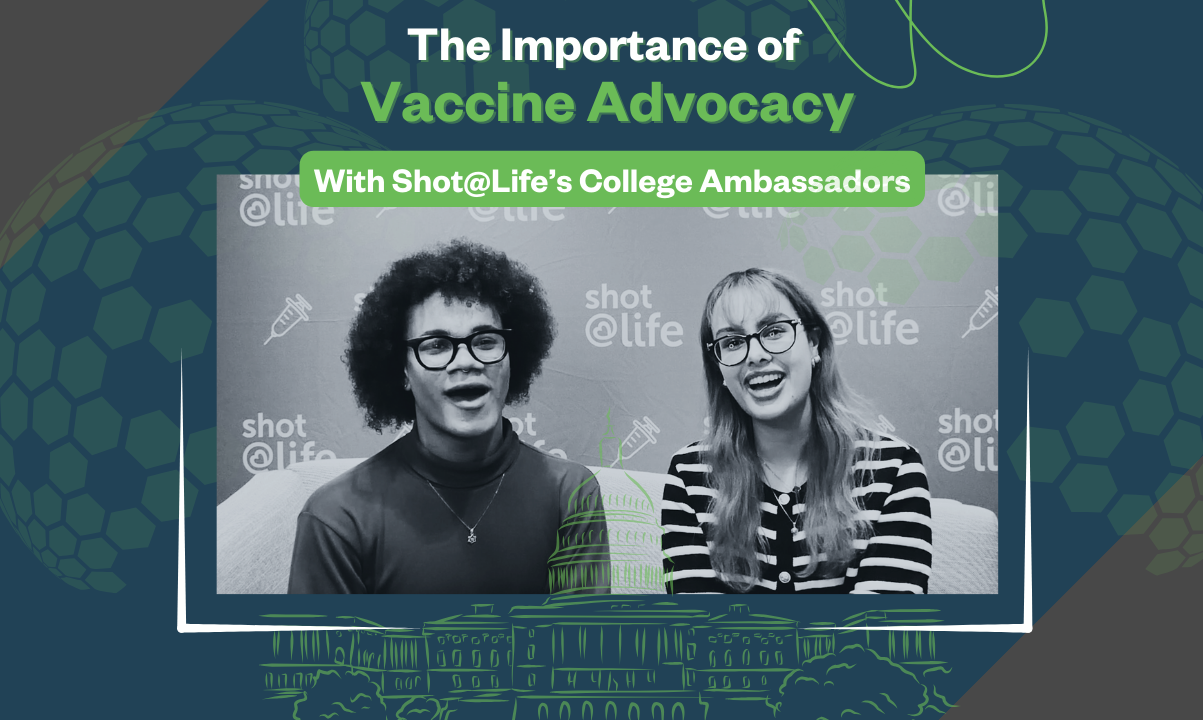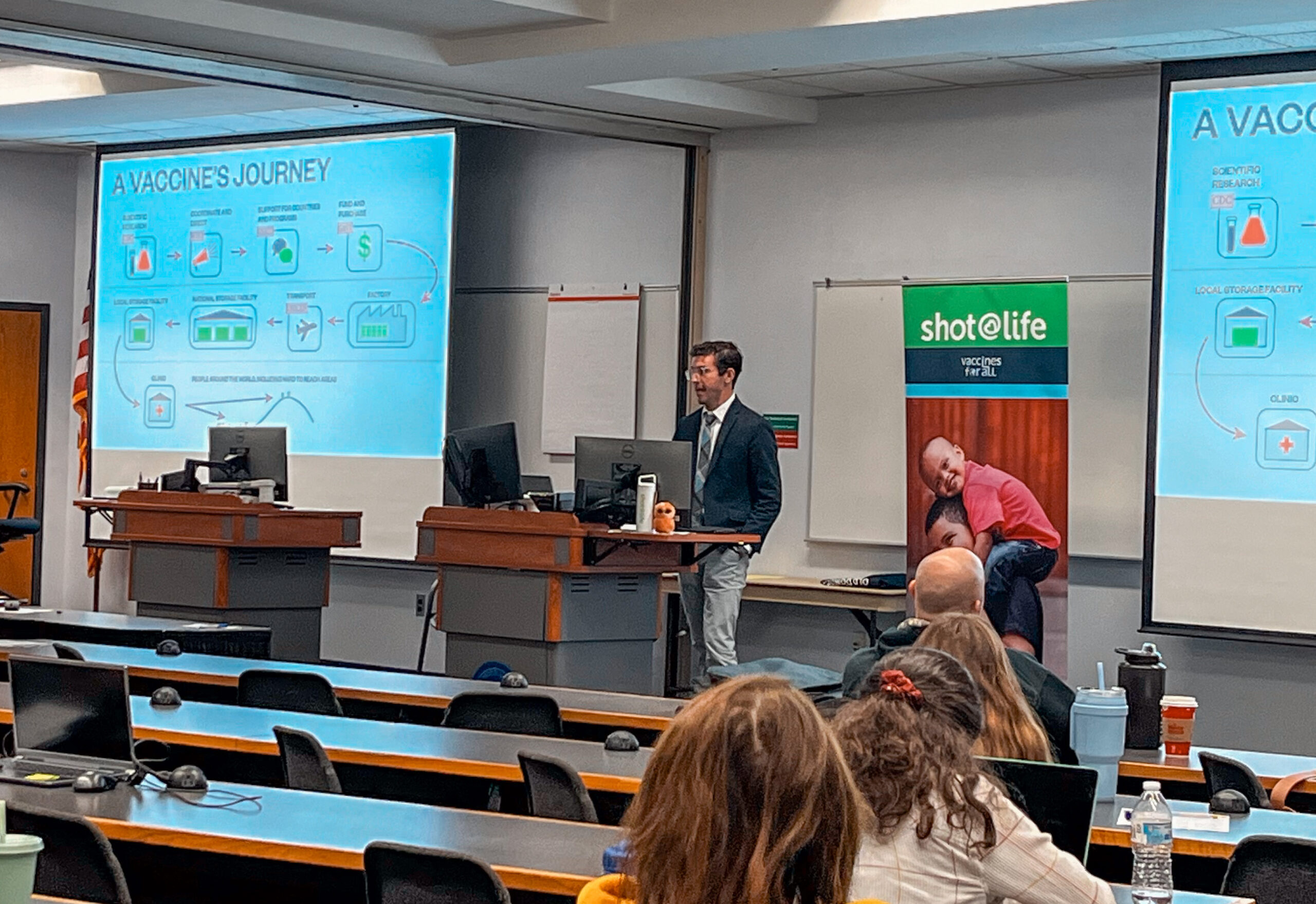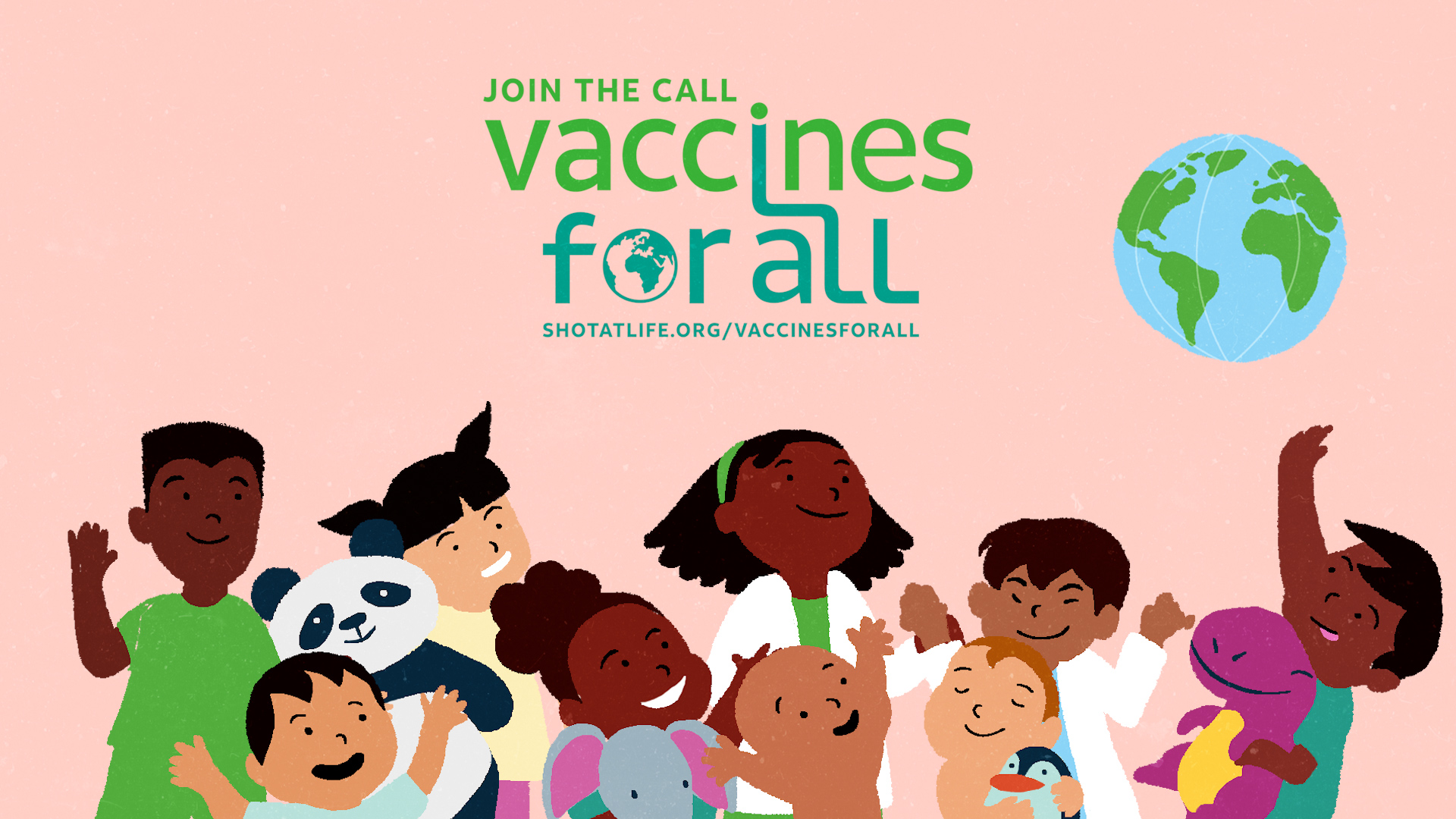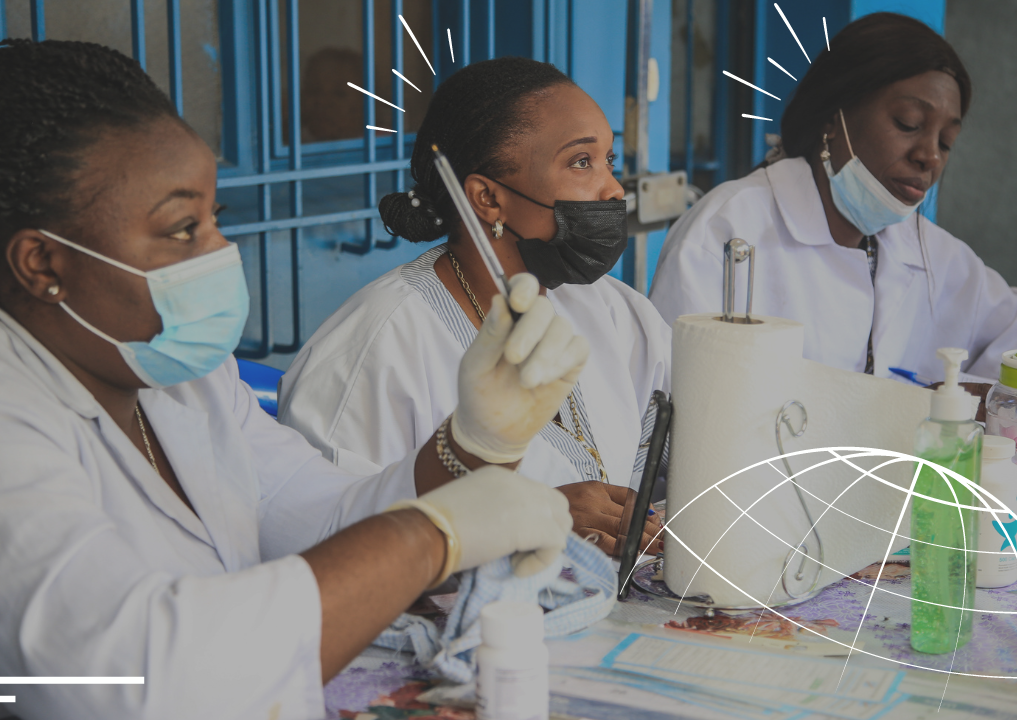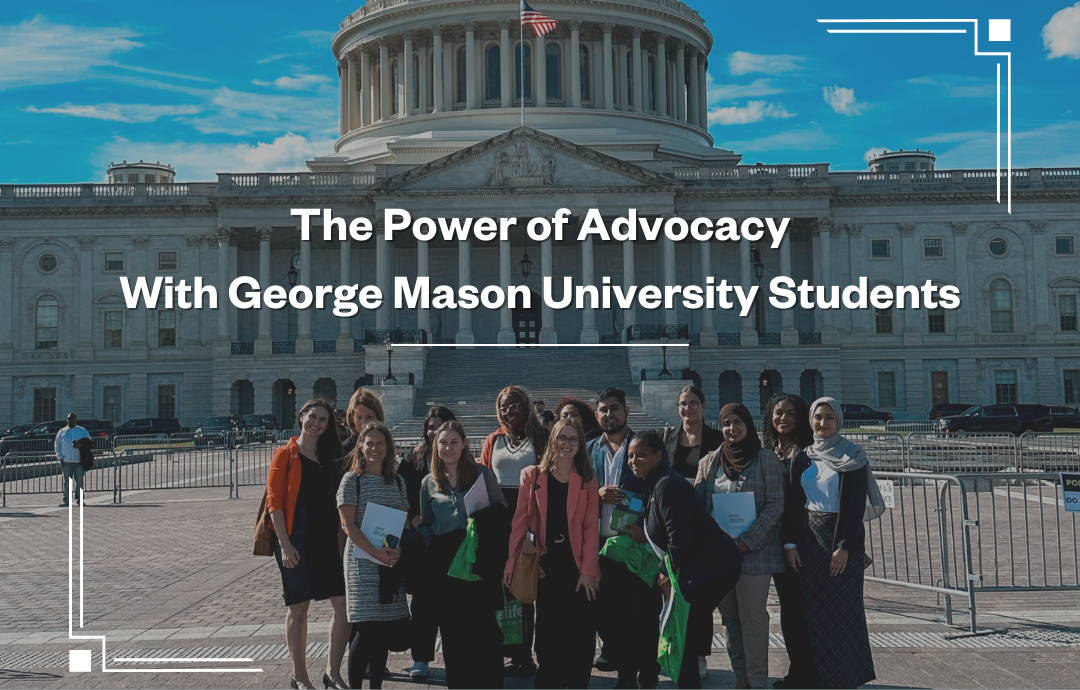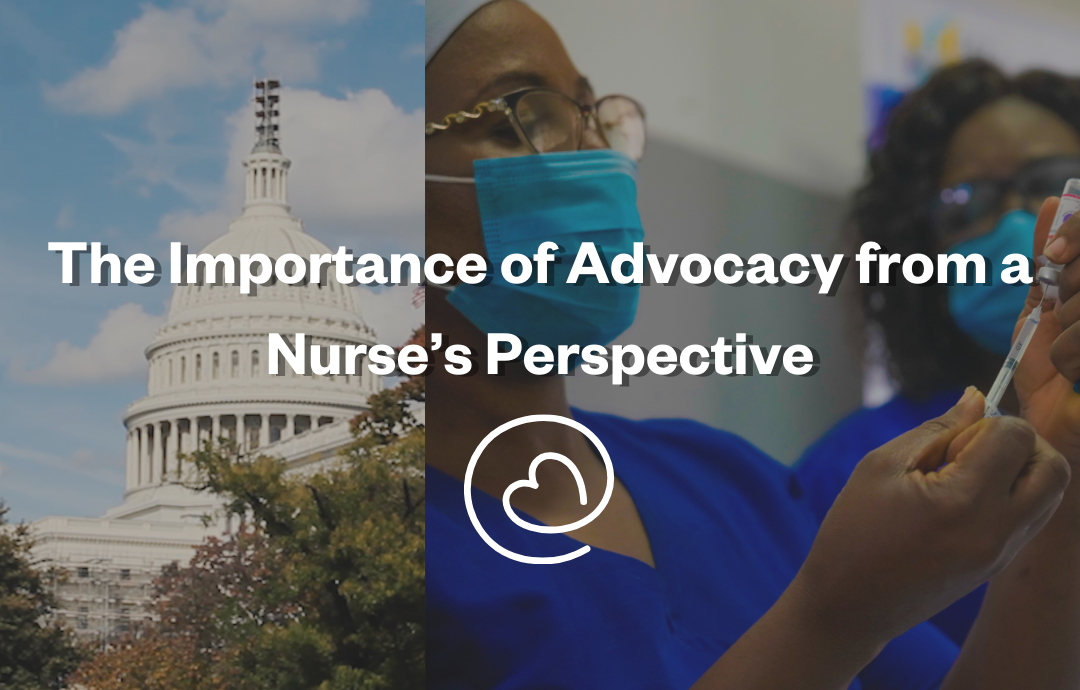College Ambassador Program

About the Program
The College Ambassador Program is a new initiative underway to help Shot@Life reach and empower younger generations. As such, College Ambassadors are “spokespeople” for the work of the Shot@Life campaign, using their online presence to connect with other students, professionals, and leaders across the United States. Being a College Ambassador will open doors to networking and professional development in the global health and international relations sphere, and create a support system for using your voice in the movement for global health equity.
About the Program
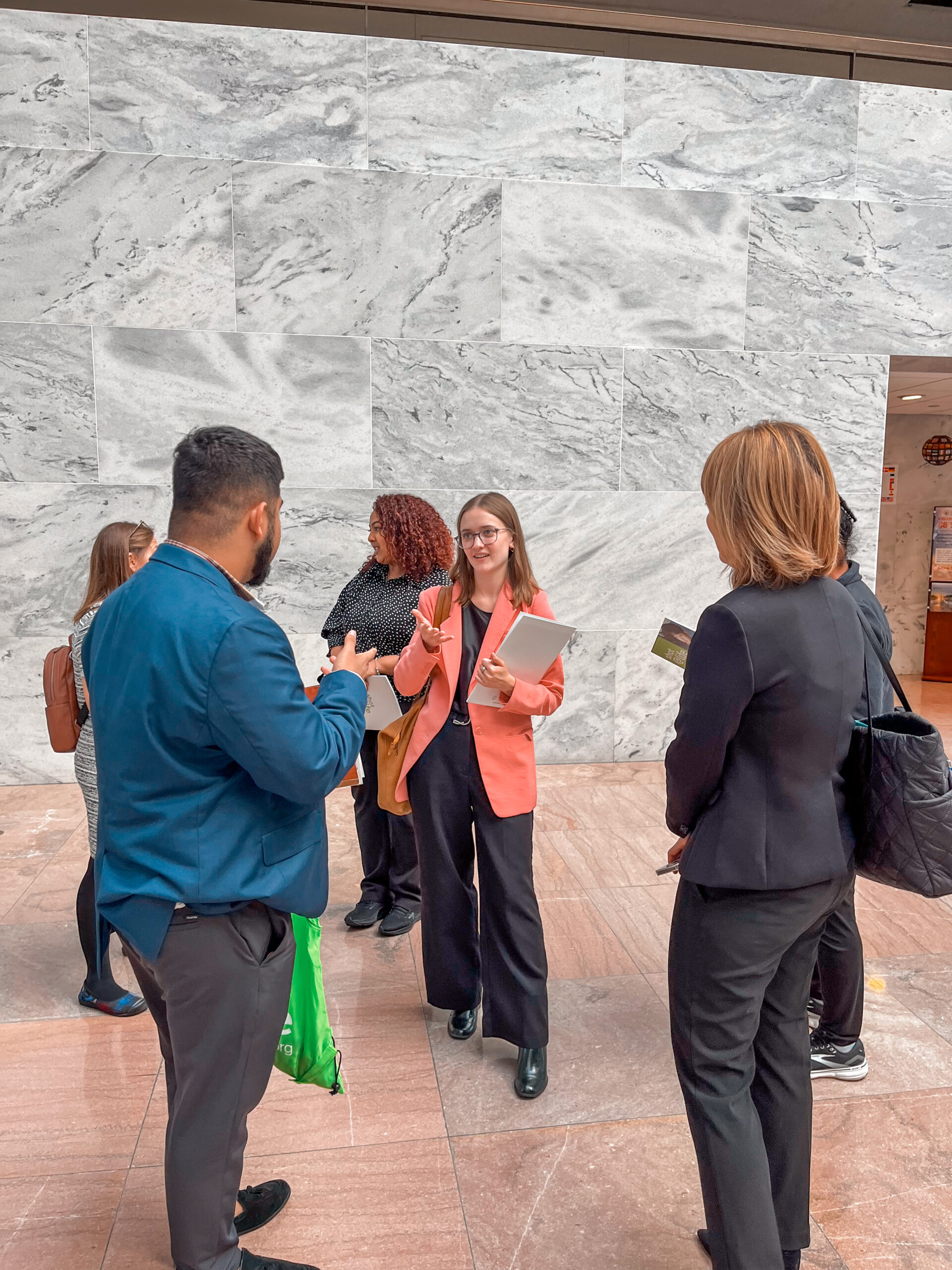
What does it mean to be a College Ambassador?
As a College Ambassador, you will
Ambassadors in Action
Check out our latest episode of Vaccine Vignettes, featuring Shot@Life College Ambassador Micah Benjamin!
Learn and Advocate with Shot@Life
College Ambassadors Discuss Vaccine Advocacy
Hear from two of Shot@Life’s College Ambassadors, Micah and Wajiha, about the importance of vaccine advocacy!
Watch HereKey Dates to Post
Here you will find a list of UN holidays and important days for visibility of the issues that Shot@Life works for. Keep these in mind when deciding when to post each month!
- February 26 – 28: Shot@Life Champion Summit
- March 4: International HPV Awareness Day
- March 8: International Women’s Day
- March 16: Measles Immunization Day
- April 24 – 30: World Immunization Week
- April 25: World Malaria Day
- June 20: World Refugee Day
- August 20: World Mosquito Day (Malaria)
- September 10 – 17: UN General Assembly
- September 27: Shot@Life Virtual Summit
- October 20: World Polio Day
- November 12: World Pneumonia Day
- December 12: International Universal Health Coverage Day
Key Dates to Post

2024 Posting Resources for Current Ambassadors
Recent Posts to Amplify from Shot@Life
In places like Afar, health systems have adapted to meet the moment.
The pastoral nature of the region—a population constantly on the move—means that health services need to go mobile.
Even in the face of challenging terrain, harsh weather, and funding shortfalls, the Ethiopian government is bringing lifesaving care to communities in motion.
Dec 4

Measles deaths have dropped 88% since 2000 thanks to lifesaving vaccines—but the virus is surging again. 2024 saw outbreaks in the most countries since the pandemic.
Why? Too many children are missing vaccines. Only 76% received their second dose last year—far below the 95% needed to stop outbreaks.
But there is good news: 96 countries have now eliminated measles. With strong political commitment, sustained financing, and renewed focus on routine immunization and surveillance, the world can get back on track.
Dec 3

Microplastics aren’t just polluting our planet—they’re helping superbugs thrive. These tiny particles create “biofilm hubs” where bacteria share resistance genes, accelerating antimicrobial resistance (AMR).
Two global crises, dangerously intertwined.
For more on where we stand in the fight against AMR, check out our latest blog. #linkinbio
Dec 2

Shot@Life has so much to be grateful for. This includes your dedication to supporting lifesaving immunization programs! Thank you for caring about the health of children everywhere and for your continued support of our campaign’s work to give more of them a shot at life. We couldn’t do it without you.
We hope you and your family enjoy a healthy and happy Thanksgiving!
Nov 27

There’s a new “don’t” when it comes to #AMR prevention…
We don’t need to tell you that pollution is bad. But did you know it plays a role in spreading AMR?
On the heels of #COP30, the spotlight is on the environmental factors amplifying the AMR threat—and microplastic pollution is one of them.
Learn more in our latest blog #linkinbio.
Nov 24

#WorldChildrensDay reminds us that every child—no matter where they live—deserves safety, health, and hope.
Children make up 29% of the world’s total population, but 40% of all forcibly displaced people. And immunization is one of the simplest, most powerful ways to protect them from disease.
Visit shotatlife.org/healthystart to help build a world where every child has access to essential health services.
Nov 20

AMR is already here—and it’s affecting our health, our animals’ health, food systems, and economies. But we are not powerless against this silent pandemic.
Act now: protect our present, secure our future. #WAAW #AMR #AntimicrobialAwareness
Nov 19

The climate crisis is a health crisis.
From extreme heat and air pollution to spreading infectious diseases and rising food and water insecurity, climate change has many impacts on public health.
By 2050, the cost of climate impacts on health in low- and middle-income countries could reach $21 trillion.
Discover 30 numbers that explain the climate crisis: go.undp.org/ClimateCounts
#COP30
Nov 18

Cervical cancer takes the life of one woman every 90 seconds.
And the HPV vaccine is our strongest defense. HPV causes over 95% of cervical cancer cases, meaning that the vaccine can protect future generations of girls and women—but only if it’s used.
Millions still lack HPV vaccination, screening, and treatment services. Increasing access and incorporating HPV vaccines into routine immunization is crucial to a cervical cancer-free world.
Nov 17

Strategic investment in Ethiopia keeps diseases from spreading, stabilizes key regions, and more. When America leads, we prevent costly crises and keep threats from reaching our shores.
Fiscal responsibility means funding what works. Let’s not lose our momentum.
Nov 13

Pneumonia is the world’s biggest infectious killer of children.
Thanks to vaccines, under-five pneumonia deaths have nearly halved since 2009—that’s 1.2 million lives saved.
But progress is fragile, especially in the face of funding cuts and shifts to the global health landscape. This #WorldPneumoniaDay, tell Congress to support global immunization programs at shotatlife.org/petition
Nov 12

It’s that time again.
Applications are now OPEN for Shot@Life and @unitedtobeatmalaria’s joint Global Health Advocacy Summit in Washington, D.C.!
Join us in February to learn from global health experts, develop your advocacy skills, and meet with policymakers on Capitol Hill. Act fast—applications close this week.
🔗 shotatlife.org/summit
Nov 10

Hear From Our Advocates
Students or teachers, nurses or policymakers, parents or children – anyone can be an advocate! Check out some of these videos for first-hand testimonials about just how easy it is to advocate. Being a College Ambassador means you will also be a trained Champion and advocate for #VaccinesForAll.
Questions? Feel free to reach out to media@shotatlife.org with any inquiries!
Email Here
